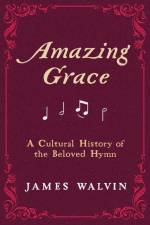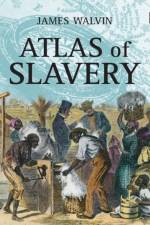av James Walvin
267
"James Walvin's brilliant new book is more than a story about the fascinating legacy of a song written by an eighteenth-century English cleric that today has a unique status in American and indeed British life. It is also a story of cross-cultural translation and travel, of exploitation, adaptation, and commercial interests, and of the power of music-making in the service of humanistic freedom, regardless of faith, nation, or race."--Ben Carrington, author of Race, Sport and Politics: The Sporting Black Diaspora "A detailed and astonishing revelation of the forgotten history behind the seemingly familiar. Passionately written and meticulously researched."--David Olusoga, author of Black and British: A Short, Essential History "An illuminating history of the most resounding hymn in African American history. Born of the tortured soul of an English slaver, who found his faith and rejected slavery, 'Amazing Grace' became the soothing hymn that inspired millions. The enslaved cotton worker, the folk singer, the civil rights marcher, the gospel choir, the blues woman, and President Obama, all moved by the sweet sound of this beautiful, historic hymn."--Edward B. Rugemer, Professor of History and African American Studies, Yale University "This book tells the story of the Christian hymn 'Amazing Grace, ' from its creation by English former slave ship captain John Newton in 1772, through its popularization among performers and listeners in the United States, to its function today as a kind of anthem for healing in the US, Europe, and elsewhere in the world. The historical coverage as well as the range of subjects and musical scenes addressed is impressive."--Eric Porter, author of A People's History of SFO: The Making of the Bay Area and an Airport "A fun read that tracks 'Amazing Grace, ' a song that holds much meaningfulness across diverse swaths of society, across various genres and performance styles, and across the eighteenth to the twenty-first centuries."--James Padilioni, author of To Ask Infinity Some Questions: San Martín de Porres and the Black Hagiographic Mysteries of Florida











